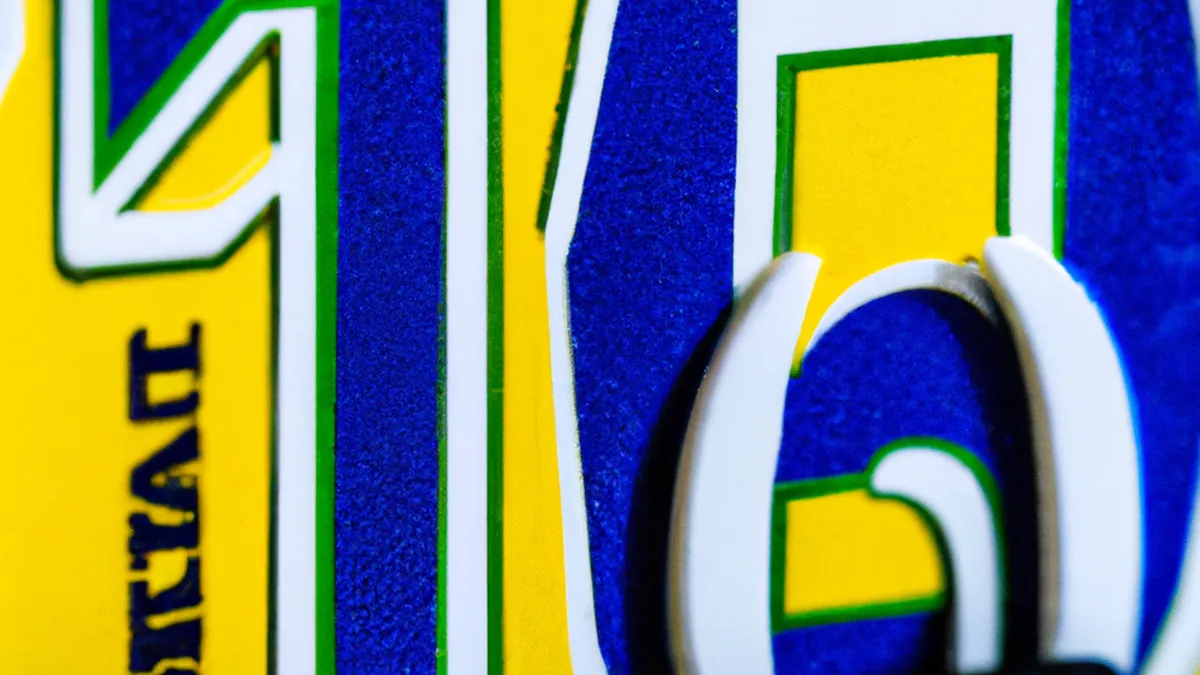Inspiring Confidence in Shooting Practices
How to Create a Positive Culture for Shooting Improvement
Shooting requires passion and skill in sports like basketball, soccer, archery, and trap shooting. Improvement demands individual dedication and practice. A supportive environment encourages growth and development. A positive culture inspires athletes to push their limits and achieve goals. This post explores methods to cultivate this culture and enhance performance.
Understanding the Importance of a Positive Culture
A positive culture fosters motivation, resilience, and belonging. Athletes thrive in environments where they feel valued and supported. When teammates uplift each other, they build trust, leading to better performance. A positive culture also reduces anxiety and fear of failure. This allows athletes to focus on learning and improving.
In competitive sports, mental aspects significantly impact performance. A supportive culture helps athletes manage stress and overcome challenges. Athletes feel safer taking risks and experimenting with new techniques. When they can make mistakes, they learn and grow.
Build Strong Relationships
To create a positive culture, build strong relationships between coaches and athletes. Open communication is essential. Encourage athletes to share their goals and challenges. Understanding each other’s motivations helps everyone work effectively toward common objectives.
Organize team-building activities that promote camaraderie. Fun outings, workshops, or simple group exercises can strengthen teamwork and trust. A united team becomes a motivated team.
Coaches should connect with individual athletes. Understanding their unique personalities, strengths, and weaknesses builds rapport. When athletes feel valued, they respond positively to coaching and engage more in training.
Promote a Growth Mindset
Encouraging a growth mindset is crucial for shooting improvement. Athletes must realize they can develop skills through dedication and effort. Emphasize hard work, practice, and perseverance over talent. Celebrate small victories, as they contribute to larger goals.
Incorporate regular feedback into practice sessions. Constructive criticism helps athletes identify improvement areas without feeling discouraged. Encourage viewing feedback as a growth tool rather than judgment. When athletes see challenges as learning opportunities, they become more resilient.
Additionally, create an environment where athletes can set personal goals. Encourage tracking progress and celebrating milestones, no matter how small. Tangible improvements in shooting reinforce commitment and motivate continued excellence.
Provide Resources
Ensure athletes have access to necessary resources for improvement. Offer training materials, coaching support, and opportunities for additional practice. Providing resources empowers athletes to enhance their skills.
Conclusion
Creating a positive culture for shooting improvement involves building relationships, promoting growth mindsets, and providing resources. These strategies foster motivation, resilience, and overall performance.
Below are related products based on this post:
FAQ
What is the significance of a positive culture in sports?
A positive culture fosters motivation, resilience, and a sense of belonging among athletes. It creates an environment where athletes feel valued and supported, allowing them to thrive and perform better. Additionally, it helps reduce anxiety and fear of failure, enabling athletes to focus on learning and improving.
How can coaches build strong relationships with athletes?
Coaches can build strong relationships by ensuring open communication and encouraging athletes to share their goals and challenges. Organizing team-building activities and connecting with individual athletes to understand their unique personalities also strengthens rapport. When athletes feel understood and valued, they engage more in training and respond positively to coaching.
What role does a growth mindset play in shooting improvement?
A growth mindset is crucial for shooting improvement as it helps athletes realize that skills can be developed through dedication and effort. By emphasizing hard work over talent and celebrating small victories, athletes become more resilient. Incorporating regular feedback and encouraging the setting of personal goals further reinforces this mindset, motivating athletes to track progress and strive for excellence.















Post Comment